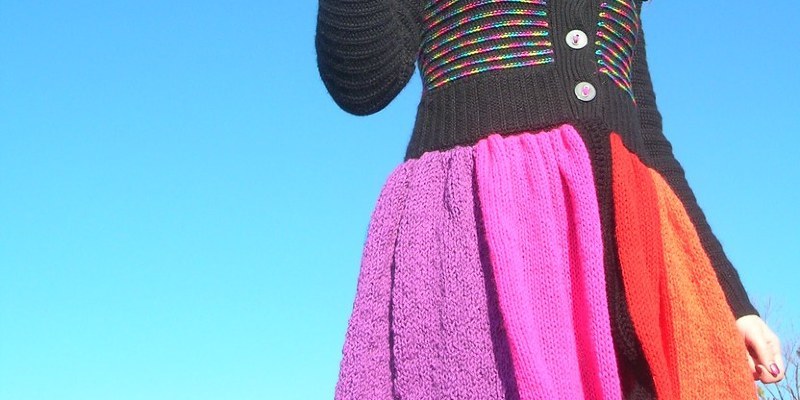We have all seen some thing like that — an ad that comes on TV revealing blue sky and pristine mountain streams, the narrator gushing about concern for protecting our planet… but the ad is for bottled water or even an oil company. What gives? When a business makes it look that its service or product is ecofriendly without being able to back up the promises, that is greenwashing.
Before you buy a product claiming to be great for the environment, it is important to understand what to search for. Here are eight important questions to ask which will help you sift through the advertising hype, which means that you can feel great about what you bring into your house (and spend your hard-earned money on).
blackLAB architects inc..
1. Does the company use lots of buzzwords? Conditions like”green,””natural,” eco,””kind” and”all natural” are vague and untrue, so anyone may use them to describe a product — regardless of what is really in it or how it had been made. If there is nothing more to support the claim that a product is more green outside calling it green or placing just a tiny leaf on the tag, you’ll want to look deeper.
Matthew Cunningham Landscape Design LLC
2. Is the advertising filled with feel-good pictures? Packaging and ads featuring oceans, forests or really healthy-looking folks frolicking in fields of wildflowers may give the impression that the stuff being marketed is great for Earth. When paired with green buzzwords (see question number one), this strategy can be quite capable of swaying us. Of course, lots of genuinely green products utilize natural vision — but if no facts are presented together with the character scenes, do further research.
Mabbott Seidel Architecture
3. What is the life span of the item, and can it be recycled or reused? An significant part going green is considering our effect on future generations. Is the product in question top quality and built to last? And where will it go as it reaches the end of its usefulness? Some substances (for example, wood and metals) can be readily recycled or reused. Other products, such as Flor carpet tiles, may be sent back to the manufacturer through a recycling program.
ZeroEnergy Design
4. Is it available everywhere? Heavy products, such as stone, need an incredible quantity of fuel to be transported from place to place, so it is sensible to find a product readily available in your area rather than having it shipped from afar, even if it is a wonderful sterile material.
RD Architecture, LLC
5. Is it healthy? If you are trying to maintain your house as toxin free as possible, it is crucial to ask about what is in the item and whether it is harmful. Simply because something is labeled”fair trade,” for instance, doesn’t necessarily mean it is healthy, so search for specific information regarding ingredients and finishes before making a buy. The cabinets at the (truly ecofriendly) home shown here are formaldehyde free.
Rob Sanders Designer – Custom Home/Remodel Design
6. Does this just not sound right? Water bottles made with less plastic, SUVs that use less gasoline and McMansions incorporating some green features are just pollution-causing, resource-depleting things trying to be supplied a greener image. Listen to your common sense — you know it’s better to carry a reusable water bottle and pick a bigger car and house, so ignore the hype and trust your gut instead.
Natalie Younger Interior Design, Allied ASID
7. Does this carry a tag from a respected third-party certifier? The kitchen revealed here includes Energy Star–rated appliances. Energy Star is a trustworthy method for rating energy efficiency in appliances and fixtures. Familiarizing yourself with some of the other most widely used third-party rating systems will make it effortless to spot the real deal:
Ecologo: renewable productsGreen Seal: merchandise and servicesForest Stewardship Council (FSC): woodU.S. Green Building Council’s LEED program: buildings
WaterSense: bath fixtures
Gaspar’s Structure
8. Does this support an ecofriendly way of life? If buying a coffee maker you adore means you’ll be able to skip this daily visit to the coffee house, and that helps you cut down on driving, I’d consider an ecofriendly buy. On the flip side, if buying that fancy organic bedding set could just add to an already overstuffed linen cupboard, you might want to reevaluate your motivation. More stuff means more funds utilized, even if the item was made in an ecofriendly way.
